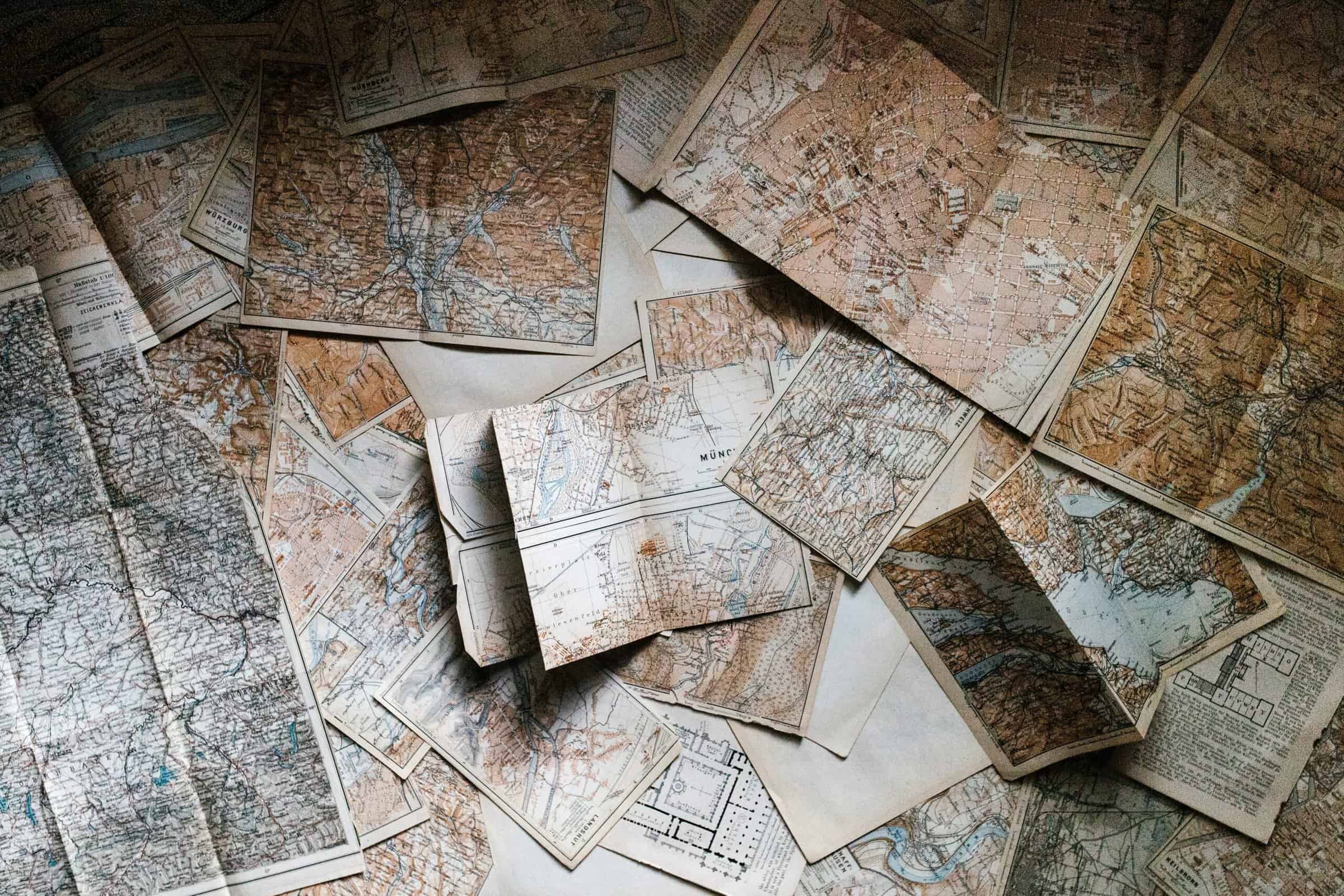
A Purpose and Description of Exploratory Movement
“I’m going to explore the depths of the ocean.”
“You’re gonna what?”
“I’m going to get into this magical pressure suit, close myself off to the known world, and look for cool stuff.”
“Why would you want to do that? You can go the to the aquarium for like $20…”
“I can’t experience what it’s like to dive in an aquarium..”
“But you’ll be certain of seeing everything there is to see there.”
“That’s just it — I know there’s more to it than what is chosen to put on display.”
“But the penguins…”
I’ve lived on both sides of this conversation. In my quest for efficiency, both in training and results, I would have dismissed exploration as weird nonsense that didn’t have a point. I didn’t have time to roll around on the floor. I had sets and reps to finish. Thinking only slowed things down.
Doing what you were supposed to do doesn’t fare well, though, if it doesn’t get you what you were supposed to get.
I had divorced my body from my mind, was hurting all of the time, and wasn’t seeing much crossover into athletic performance. I longed for the mental stimulation that came from sporting practice and people. I didn’t cooperate with the weights. I competed with them then disregarded them. These things that might have been rocks were not fulfilling playmates.
Disappointed and unsatisfied, I realized that the potential finds of the unknown were well worth gambling with the certainties of the known.
The course that I had taken, mapped out and well marked, wasn’t the one I wanted to be on. I wanted adventure and discovery. I wanted to be my own guide and trust that I could figure things out. I wanted my brain to be as involved as everything else.
I dared to begin straying from the program. I started to trade efficiency for engaging experience. To my surprise, my weight dropped. I moved better. I could do more things. My training was energizing instead of depleting. Noticing one thing led me to wonder about the next.
Exploration makes movement a mind game again.
It teaches you to consider and compare. Your body becomes a playful being you can communicate with. Tinkering with both your toy and tool, you yourself become fascinating. Exploration is relearning to interact with yourself.
EXPLORATION INCREASES AWARENESS
Feeling and finding needs attention. Attention calls for interest. The more you are aware of, the more can choose to care about. Caring makes us feel even more connected. Connection means influence. We can change things. We don’t need to settle for what we are currently capable of because we know that next new thing we discover might transform everything.
EXPLORATION EMPOWERS
Being willing to investigate without a map hints at self belief. There is a confidence you can figure things out. That you can heed clues and follow your instincts. It also implies that you can accept responsibility for what goes right or wrong. A sense of ownership in the body you have made helps ensure constant check-ins and makes adjustments as needed.
EXPLORATION RECOGNIZES LIMITATIONS
If you only do what you’ve always done, your abilities and capacities have a singular context. Success or failure is based on a particular move performed in a particular way. Competency is made of strands. Movement weaves. Getting the joints to comply with a certain position does not make them ready or unready for the next. It simply means you have found (or have yet to find) a solution in getting from here to there.
EXPLORATION DEVELOPS CREATIVITY
Uncovering new means of movement is an innovative process. With seemingly endless variables to manipulate, experimentation leads to new options which leads to new experiments. All the while you are noticing and testing, proving and disproving, leading and following. There are no shortcuts or long ways around. Just possibilities that keep pointing to other possibilities. Discovery has meaning and self-interest built in.
Exploration is personal research. It feeds into the belief that the answers we seek can be found within our own bodies and that our brains need to be an active participant in the process. We are looking for solutions and testing theories that we can’t articulate yet. An excited mind makes the work a pleasurable experience.
There needn’t be a presumption of sacrifice. Exploration offers an antidote to the ailments of specialization. It can coexist with what you’re already doing. Acknowledging individualism is an important part of the appreciation. The ability to alter and adjust optimizes involvement. Allowing your curiosities to guide you is a surefire way to liven up your daily routine:
Exploration also builds confidence in joint integrity post injury. After succumbing to pain teaching you what not to do, it feels pretty dang good to re-establish all the things you can:
Exploration assures. It comforts and grants access. It frees the kept animal that treads the same path in the same places because it has nowhere else to go. Stuck in a loop of familiarity, we mistake what we know for what is best for us. We rush toward what we think we want because we haven’t slowed down long enough to recognize other options. When the expectation is to finish, the task becomes the goal. When the expectation is to experience, we are the ones left changed.



